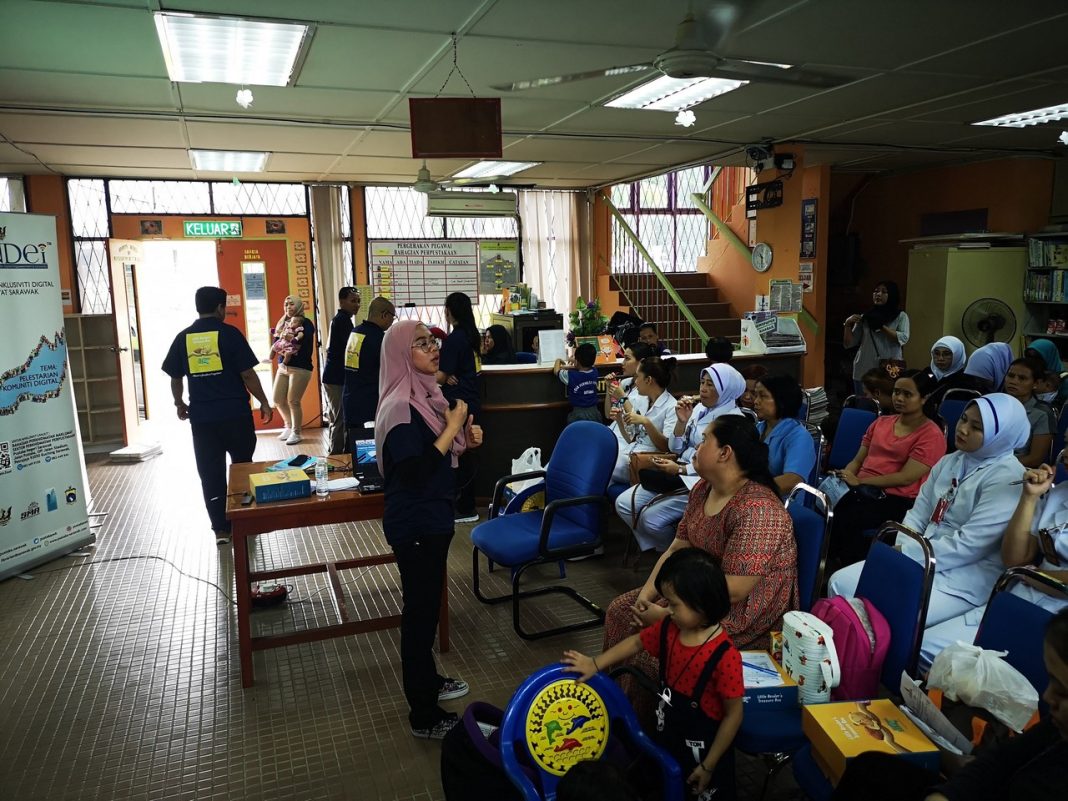This post is only available to registered users after 7 days. Please log in to view the content.
Click to rate this post!
[Total: 0 Average: 0]
You must sign in to vote

This post is only available to registered users after 7 days. Please log in to view the content.